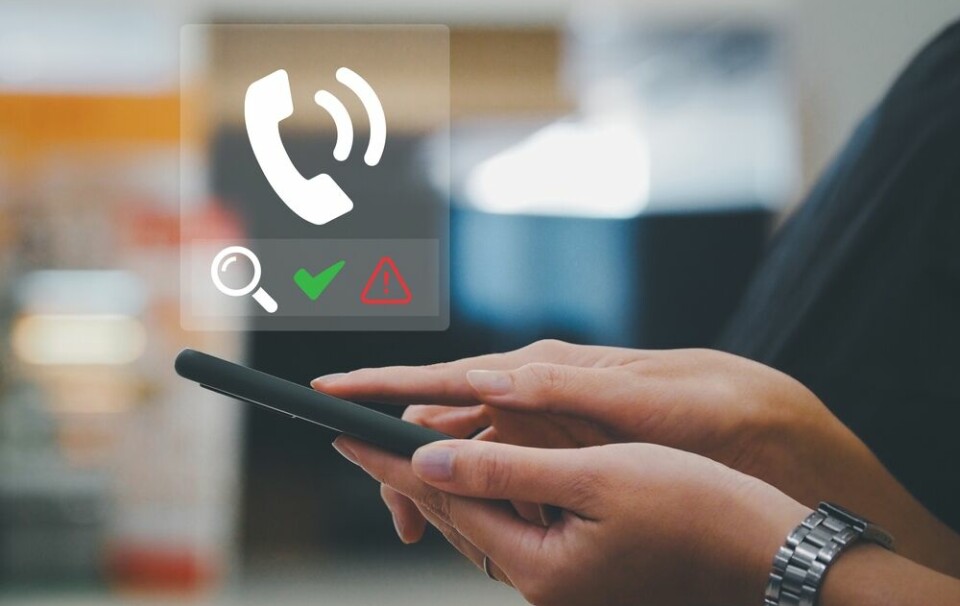-
The origins and meaning of tirer les marrons du feu
As Christmas approaches, we look at a phrase to describe someone who takes advantage of a situation
-
Five iconic French dishes from different regions
Explore the rich culinary heritage of France with these traditional dishes, from cassoulet in Occitanie to cari poule in La Réunion, showcasing the country's geographic and cultural diversity
-
Step back in time for some ‘dinosaur’ planting in your French garden
Captivated in the garden this month by one species of plant that dates back 200 million years, and another which is one of the oldest flowering plant families on the planet
Greeting kisses in France: 5 regional expressions
We look at different terms used for ‘ se faire la bise ’ - the kiss on each cheek which is one of the most widespread greetings in France

Perhaps the most widespread form of greeting when meeting someone in France is with a kiss on each cheek - commonly known as the bise.
The term se faire la bise, or ‘to kiss each other on the cheek’, varies in different regions due to both historical influences as well as local dialects.
Non-natives cannot be expected to successfully adhere to all the intricacies of la bise - even natives get it wrong sometimes!
German borders- Se faire un Schmoutz
Although the modern German word schmutz now means dirt or grime, se faire un schmoutz, derived from Old German, is still in use in the areas of France bordering Germany.
Normandy - Se boujouter
This is derived from the Normandy variation of bonjour (hello), which is changed to boujou.
The expression converts the noun bonjour into a verb and it can literally be translated as “to hello each other”.
It is not linked to joue, the French word for cheek.
Swiss borders - Se faire le bec
This is derived from the Swiss-French word “becquer”. Becquer means to hit with the beak and it is used to mean kiss in the context of la bise.
It is particularly used in Romandy, the Swiss-French region of Switzerland, and in French regions of Canada.
In some parts of France, “se bécoter”, also derived from becquer, is used instead.
Centre-west - Se biger / se biser
Se biser is a term that you will find in French dictionaries meaning to do la bise but it is no longer used outside of this region.
Se biger is a remnant of older French dialects such as the Poitevin which was spoken in the region of Poitou and l’Angevin which was spoken in the region of Anjou.
Belgian borders- Se faire une baisse
The Ch'tis, the term given to people living in the north of France and some parts of Belgium, use many peculiar terms and expressions, including “se faire une baisse” for se faire la bise.
In Belgium, it is commonly known as “se faire une baise”, with the [s] sound being replaced by a [z]. However, be advised that this term has far more intimate connotations elsewhere…
To make matters more complicated, s’embrasser is yet another term that can refer to la bise but it also means kissing in a romantic sense.
At the end of phone calls, particularly with family, you might hear “Je t’embrasse très fort mon chéri!”, meaning “I kiss you very hard my darling”, and used as a telephonic version of the bise.
There are no tangible differences between uses of s’embrasser so you will need to use context to differentiate between the two.
To make matters more complicated on top of that, the bise itself is done differently across France.
Related articles
How many of these 10 slang French phrases do you know?
12 different ways to express anger and frustration in French
























